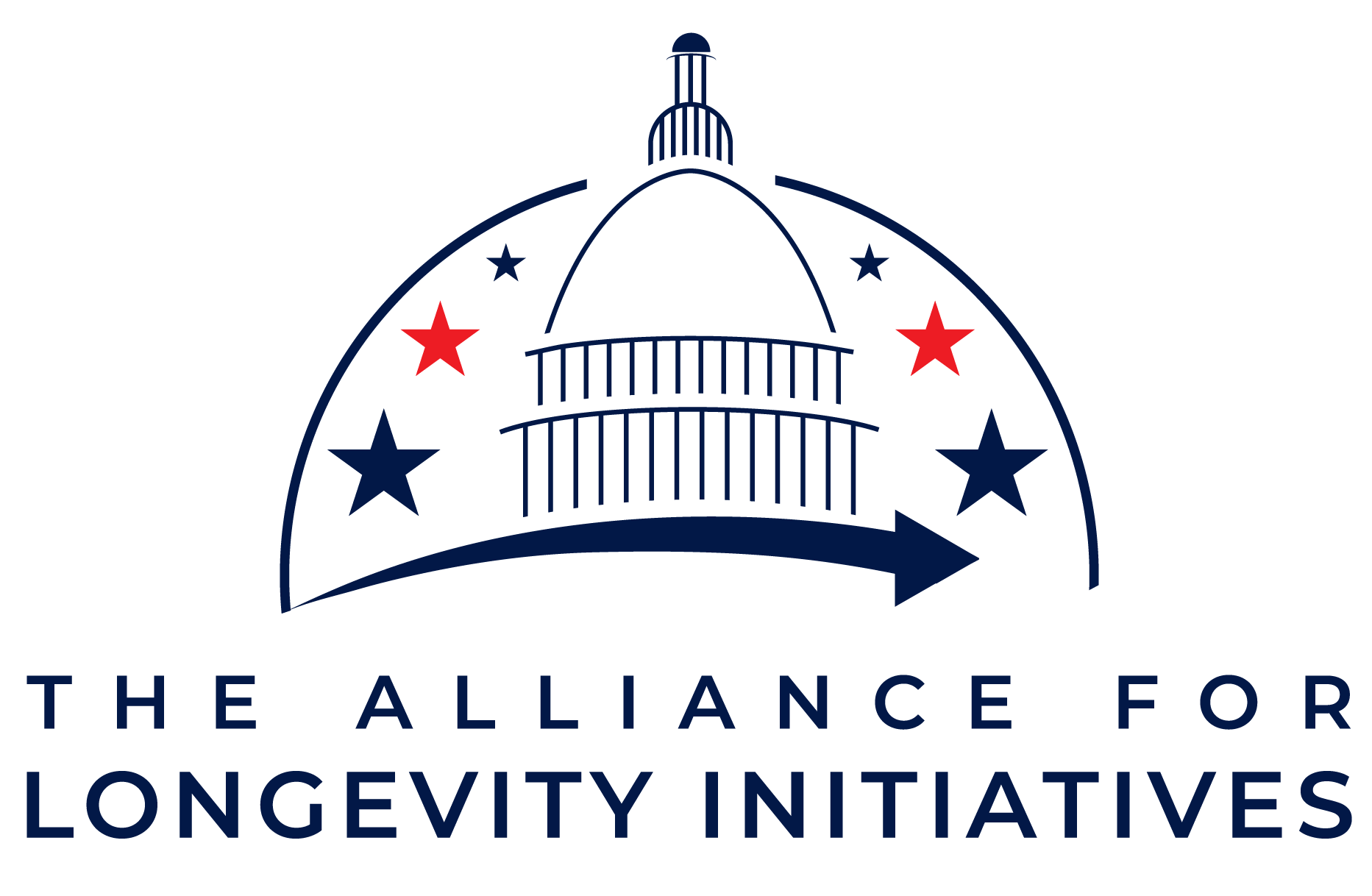Fostering the Next Generation of Longevity Leaders: The Case for Establishing Longevity Advocacy Groups at Universities
The longevity science mission is fascinating but highly complex. Achieving this mission holds incredible promise for enhancing human health and the overall human experience. As with most complex, next-generation scientific missions, it is vitally important that the next generation of students be aware of and participate in the longevity science industry. Creating a student-driven, longevity-focused nationwide university club would encourage the next generation to become involved with the longevity biotechnology industry. Let’s call this organization “University Students for Longevity” (USfL). In this blog post, we will explore the ways an organization like USfL would help accelerate developments in the longevity biotechnology industry.
An organization like USfL would help foster next-generation development. It can offer students access to experts in the longevity biotechnology field through proximity to top professors and researchers – much of the top geroscience and longevity research is done at colleges and universities. Through partnerships with faculty and researchers, USfL students will gain insights into cutting-edge research and new technologies. USfL will facilitate connections between students, industry professionals, and thought leaders in longevity, helping the next generation of students network and explore potential career paths. An organization like USfL would also increase the total number of students working in longevity science, which means more talented students will choose longevity as a career. Longevity research is inherently interdisciplinary, encompassing fields like biology, medicine, genetics, and engineering. A student-driven organization like USfL creates opportunities for students from various disciplines to collaborate and share perspectives, fostering a more comprehensive and innovative approach to solving complex problems in aging and longevity. USfL would connect students with top industry leaders and encourage interdisciplinary collaboration and creative thinking, which likely will lead to groundbreaking discoveries that ultimately contribute to the betterment of human health.
A student-driven longevity organization like USfL would play a crucial role in raising public awareness about the importance of longevity research and its potential impact on society. By organizing events, hosting guest speakers, and leveraging social media platforms, USfL can inform and engage with active and enthusiastic young people who are more likely to actively encourage the general public to support and volunteer their time to advance longevity initiatives. This increased awareness can lead to greater investment in research, both financially and intellectually, ultimately driving the field forward. This increased awareness can also lead to a more active political advocacy effort, directly helping A4LI’s efforts, as young people and students tend to be the most politically active (not engaged – that title belongs to older generations). USfL can take inspiration from other student-focused advocacy groups like the Young Democrats Network and TurningPoint USA. Student-driven advocacy organizations have demonstrated the power of collective action and the importance of providing a platform for students and young professionals to promote and engage with pressing issues.
By participating in events organized by USfL, students can gain invaluable experiences that pave the way for them to become future leaders in the longevity biotechnology industry. Collaborating with peers and experts, USfL students will hone essential leadership, communication, and problem-solving skills. These experiences will not only shape their understanding of the field but also inspire them to make positive contributions to longevity research, whether directly or indirectly, as they progress through their academic and professional journeys. USfL serves as a platform for like-minded individuals in universities across the country to unite, exchange ideas, and collaborate on geroscience and regenerative medicine projects. This fosters a sense of community, motivating members to learn from one another, delve deeper into the field, and ultimately emerge as the leaders of tomorrow. Students have the opportunity to grow both personally and professionally, cultivating lasting connections that could result in future collaborations and, with any luck, significant advancements in longevity research and the development of therapeutic solutions.
The value of student-driven organizations focused on longevity initiatives cannot be overstated. By fostering a community of passionate students, providing access to resources and expertise, promoting scientific collaboration and public awareness, USfL could play a pivotal role in shaping the future of longevity research. As the next generation of leaders, students today hold the key to unlocking the full potential of this fascinating field tomorrow, and their active engagement in longevity initiatives is essential for driving progress and innovation. By embracing the opportunities provided by organizations like USfL, students can make a lasting impact on the future of longevity research, ultimately contributing to the betterment of human health and the overall human experience.
